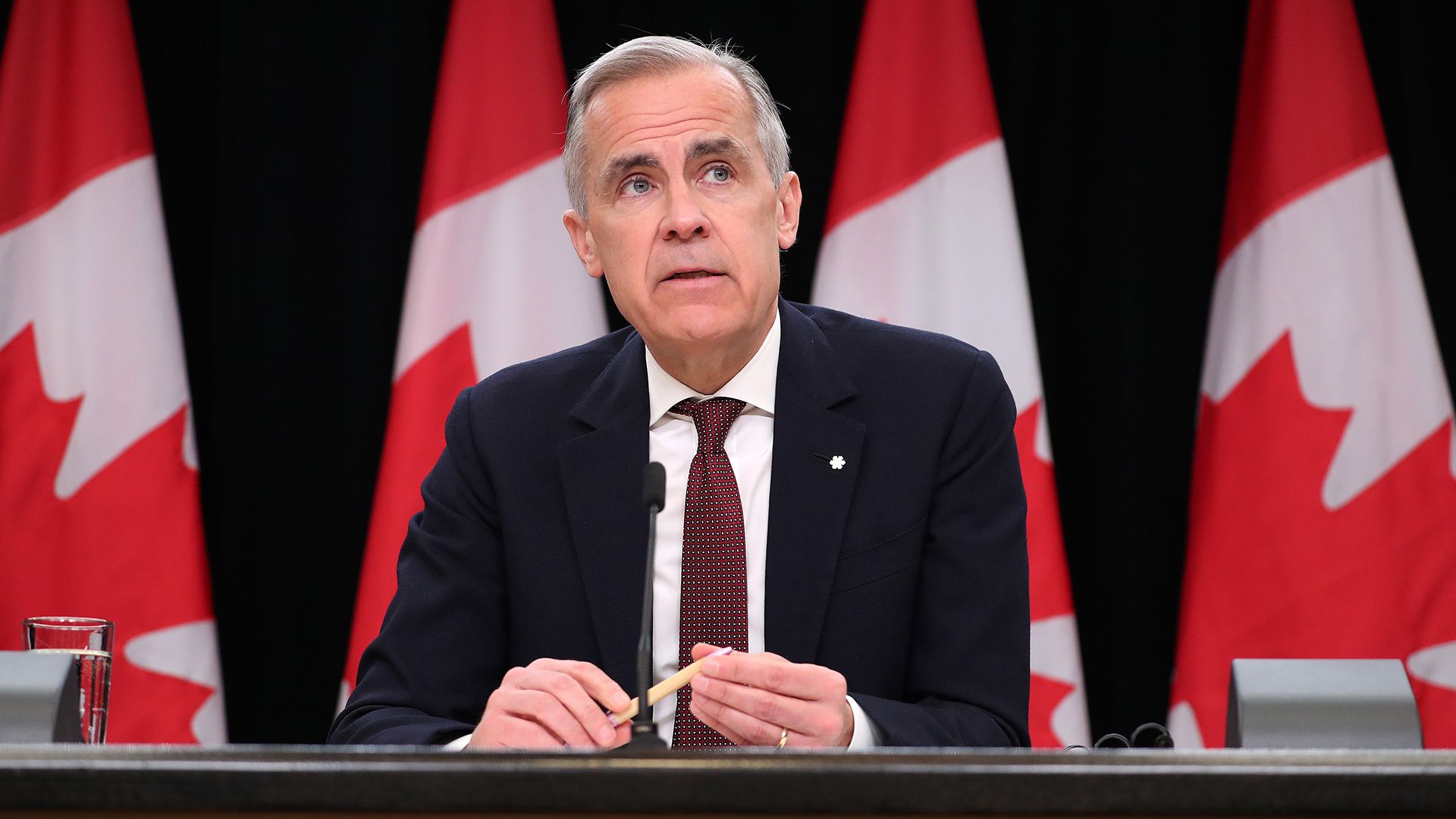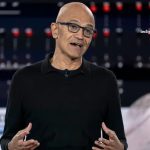Canada’s political and economic landscape is undergoing a transformation, and one of the most prominent figures expected to play a decisive role in shaping its future is Mark Carney. Known internationally as the former governor of both the Bank of Canada and the Bank of England, Carney carries the reputation of a seasoned financial leader and pragmatic policymaker. His potential return to Canadian politics and governance has generated immense interest, both at home and abroad. As Canadians grapple with rising costs, global uncertainty, and questions of leadership, Carney’s path is filled with challenges that could determine not only his personal legacy but also the future trajectory of Canada. Understanding these challenges requires a careful look at economic realities, political dynamics, and public expectations.
- The Economic Challenge: Inflation, Debt, and Affordability
- The Climate and Energy Transition Challenge
- The Political Leadership Challenge
- The Global Geopolitical Challenge
- The Public Trust and Image Challenge
- FAQs
- Who is Mark Carney and why is he significant in Canada?
- What are the biggest economic challenges facing Mark Carney in Canada?
- How does Mark Carney’s climate agenda affect his political prospects?
- Why is public trust such an important issue for Mark Carney?
- Could Mark Carney become Prime Minister of Canada?
- Conclusion
Carney has long been seen as a figure who bridges financial expertise with political acumen. His tenure during the global financial crisis earned him praise for stabilizing markets, and his later work on climate finance positioned him as a thought leader on sustainable economics. Yet, the transition from technocrat to political leader is never simple. In Canada, where voters are increasingly divided along urban-rural, generational, and ideological lines, his ability to address pressing issues will determine whether he can truly resonate beyond elite circles. Let us explore the five key challenges facing Mark Carney in Canada and why they matter for the country’s future.
The Economic Challenge: Inflation, Debt, and Affordability
The Canadian economy is at a crossroads. Inflation, though lower than the peaks seen in recent years, continues to erode household purchasing power. Food prices, rent, and energy costs are among the leading drivers of frustration among middle-class Canadians. According to Statistics Canada, food inflation has outpaced wage growth for several consecutive years, leaving families struggling to make ends meet. Mark Carney’s background as a central banker makes him uniquely qualified to understand these dynamics, but Canadians will want more than analysis—they will want solutions.
Public and private debt levels add another layer of complexity. Household debt-to-income ratios in Canada remain among the highest in the G7, and federal deficits have surged due to pandemic spending and new policy commitments. Carney faces the challenge of proposing a vision that reassures both financially struggling households and markets wary of fiscal instability. If he emphasizes austerity, he risks alienating voters who expect stronger social safety nets; if he leans too heavily on spending, he risks inflaming concerns about sustainability. Striking the balance will be central to his economic strategy.
The Climate and Energy Transition Challenge
Mark Carney has built a global reputation as a leading advocate for climate finance and sustainable growth. His leadership in creating the Task Force on Climate-Related Financial Disclosures (TCFD) and his work with the United Nations on net-zero commitments have earned him credibility among environmentalists and global policymakers. However, translating this into Canadian politics poses unique challenges.
Canada is both an energy-rich country and one committed to reducing emissions. The oil sands in Alberta remain a critical economic driver, while provinces like Quebec and British Columbia push aggressively for clean energy transitions. Carney must navigate this tension carefully. A climate-forward agenda could inspire young voters and progressive Canadians but risk alienating energy workers who see their livelihoods at stake. The challenge for Carney lies in crafting policies that show climate action can coexist with energy security and job creation. Success here would not only solidify his reputation but also demonstrate that Canada can lead in the green economy without leaving communities behind.
The Political Leadership Challenge
Carney’s biggest test may be political, not economic. Despite his credentials, he has never held elected office in Canada. Politics is not merely about expertise—it is about building trust, forging alliances, and withstanding relentless public scrutiny. His potential entry into the political arena, possibly as a leader of the Liberal Party or another national force, will require a deep understanding of voter psychology.
The Canadian political scene is polarized. Conservatives emphasize affordability and skepticism of government spending, while progressives demand urgent climate action, healthcare expansion, and social justice policies. To be successful, Carney must avoid being pigeonholed as an elite banker disconnected from everyday struggles. Instead, he must translate his global experience into relatable narratives. His story as a Canadian who rose to global prominence could inspire, but only if voters feel he genuinely understands their struggles in Toronto, Vancouver, Halifax, and the Prairies alike. Political success will depend on his ability to connect across divides, which is often harder than solving complex economic puzzles.
The Global Geopolitical Challenge
Canada’s place in the world is shifting. The U.S.-China rivalry, the Russia-Ukraine conflict, and global supply chain disruptions have placed middle powers like Canada in a delicate position. As someone who has worked extensively in international finance, Carney is well aware of these tensions. Yet, Canada’s challenge is not only to react to global changes but also to assert itself as a principled, effective voice.
Carney would face pressure to strengthen Canada’s trade resilience, particularly in securing critical minerals, technology, and food supplies. He would also need to navigate relations with the United States, Canada’s closest ally but also a partner whose policies can sometimes clash with Canadian priorities. A strong foreign policy vision that balances economic security with democratic values could be one of his defining tests. In doing so, Carney would have to prove that Canada can be more than a follower—that it can shape debates on climate, finance, and security at the international level.
The Public Trust and Image Challenge
Public trust is the cornerstone of political success. While Carney enjoys respect in financial and international circles, his reputation among everyday Canadians is still in formation. Many know him as a former banker, but few know his personal values, his connection to Canadian communities, or his vision for domestic life. In a world where populist movements thrive on anti-elite sentiment, his biggest challenge may be convincing voters that he is on their side.
Storytelling will be critical. Voters want leaders who speak plainly, share relatable experiences, and demonstrate empathy. Carney will need to show not just that he can manage economic crises but also that he cares about a single mother in Winnipeg facing rising childcare costs, or a farmer in Saskatchewan dealing with unpredictable weather patterns. By humanizing his message, he can counter narratives that paint him as out of touch. Without building this trust, even the best policies risk being ignored.
FAQs
Who is Mark Carney and why is he significant in Canada?
Mark Carney is a Canadian economist and former central banker who served as governor of both the Bank of Canada and the Bank of England. He is respected globally for his handling of the 2008 financial crisis and for championing sustainable finance. His potential entry into Canadian politics has generated widespread interest.
What are the biggest economic challenges facing Mark Carney in Canada?
Carney will need to address persistent inflation, high household debt, and concerns about government spending. Balancing affordability for Canadians with fiscal responsibility will be among his most pressing economic tests.
How does Mark Carney’s climate agenda affect his political prospects?
Carney’s strong climate credentials resonate with younger and progressive voters, but he must also reassure workers in traditional energy sectors. His challenge is to present a strategy that combines environmental responsibility with economic security.
Why is public trust such an important issue for Mark Carney?
While Carney is respected internationally, Canadian voters want leaders who understand everyday struggles. Building a relatable public image rooted in empathy and shared experience will be crucial for his political success.
Could Mark Carney become Prime Minister of Canada?
It is possible if he enters politics, wins leadership of a major party, and successfully connects with voters. However, the path is uncertain, and his ability to overcome challenges like public trust and political inexperience will be decisive.
Conclusion
Mark Carney stands at a pivotal moment in Canada’s history. The challenges he faces are not small—an economy under strain, a climate transition fraught with regional divides, political polarization, global uncertainty, and the ever-present question of public trust. Each of these tests will determine whether Carney can move from respected international figure to transformative Canadian leader. His path forward will demand a careful blend of expertise, vision, and humility.
Canada’s future will depend not only on policies but also on leadership that can inspire unity in a fractured political climate. If Carney can rise to the occasion, he has the potential to redefine Canada’s economic and political trajectory for a generation. If he cannot, his story may serve as a cautionary tale of how global success does not always guarantee domestic approval. For Canadians, the stakes could not be higher.







